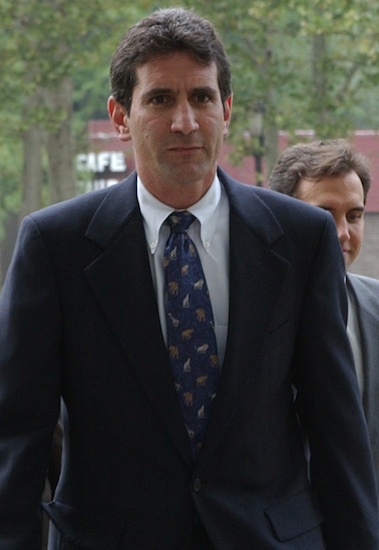Former Brooklyn federal prosecutors weigh in on possible Zimmerman civil rights case

Calls for the Justice Department to look into the shooting death of Trayvon Martin reverberated as soon as George Zimmerman was acquitted of state charges in a Florida courtroom, but it may be even tougher to mount a federal case against Zimmerman.
The department says it’s reviewing evidence to determine whether criminal civil rights charges are warranted, but legal experts see major barriers to a federal prosecution — including the burden of proving that Zimmerman, the former neighborhood watch leader, was motivated by racial animosity — and say Justice officials would likely be saddled with some of the same challenges that complicated the unsuccessful state case.
“The Justice Department would face significant challenges in bringing a federal civil rights case against Mr. Zimmerman,” said Alan Vinegrad, the former U.S. Attorney in the Eastern District of New York. “There are several factual and legal hurdles that federal prosecutors would have to overcome: They’d have to show not only that the attack was unjustified, but that Mr. Zimmerman attacked Mr. Martin because of his race and because he was using a public facility, the street.”